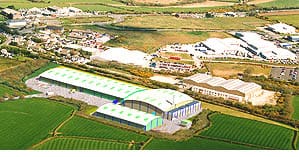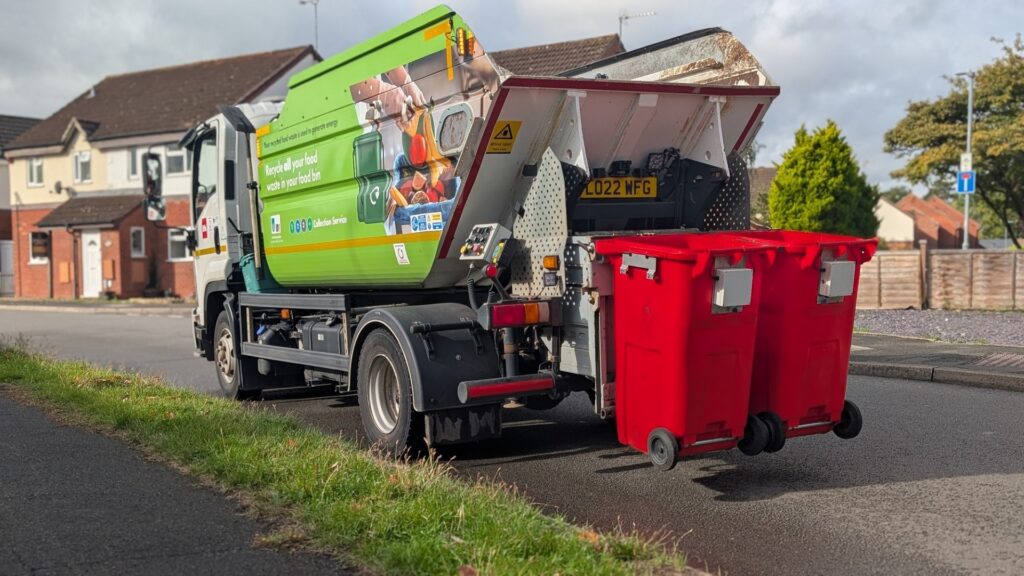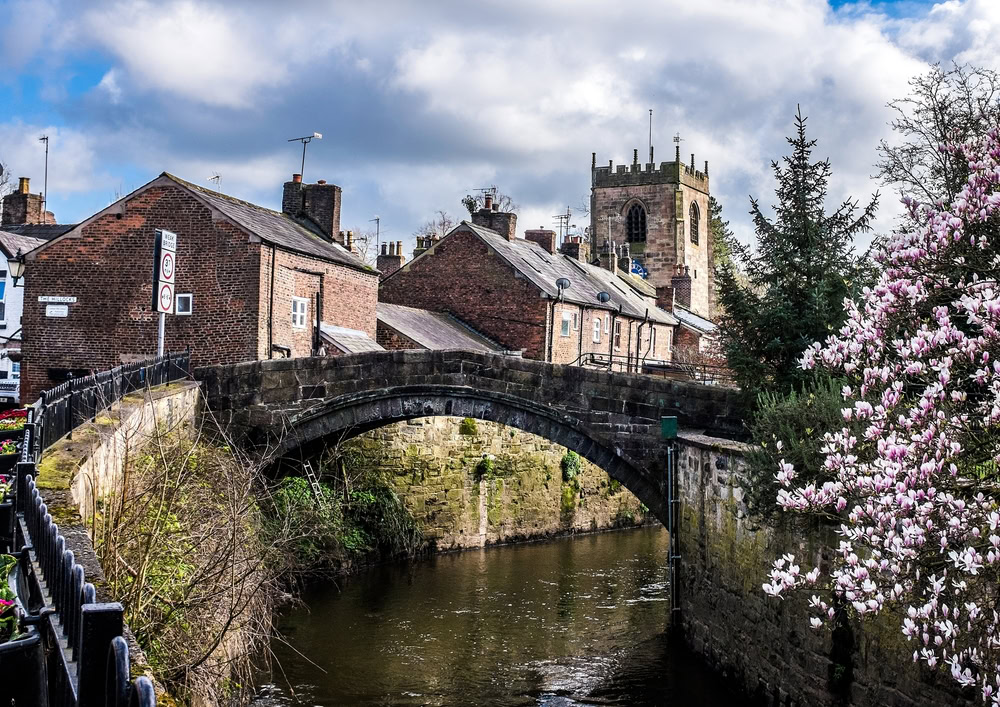County Environmental Services (CES), which is wholly owned by Cornwall County Council, has submitted plans for a 110,000 tonne capacity resource recovery centre on a 15-acre site near St. Austell. This would recycle 40% of the input material, with the rest going to an energy-from-waste facility that would power around 10,000 homes.
 an impression of how the proposed plant would look an impression of how the proposed plant would look |
Cornwall faces a high degree of pressure to boost its recycling rate from the current 10% to government targets of 33% by 2015, and it is hoped that this plant will be a huge factor in that.
Mike Brown, managing director of CES, said: “We’ve come up with a project that marks a step change in the way we think about rubbish, viewing it as a resource that is valuable, not disposable.”
Mr Brown, who also chairs the government-backed National Resource and Waste Forum, added: “A 40% recycling rate for almost half of all Cornwall’s household rubbish will see a huge reduction in what we send to landfill and bring us well within EU targets that are coming on stream now and are set to get tougher in the next 20 years.”
Material recovery
The new resource recovery centre, which should create around 50 jobs initially, would be capable of taking any mixture of household rubbish and is expected to have a significant impact on the local economy. ReMaDe Kernow, an Objective One-funded research firm, has found that the local recycling industry could be worth as much as 24 million, with a possible 600 jobs by 2016.
Although glass is already being used in aggregates for Cornwall’s roads, other markets currently being investigated include shredded cardboard for animal bedding and crushed glass for building blocks. Even residue left over from the energy from waste plant would be recycled – as carbon black for use in car tyres and printer cartridges.
If approved, the recycling centre would be constructed first – possibly as early as next year – but the energy from waste facility is not expected much before 2006.
Energy from Waste
For the site’s energy from waste facility, CES has teamed up with Avon-based Compact Power, who specialise in pyrolysis and gasification technology. The plant is designed to cook waste at very high temperatures, reducing its volume by 90% as well as extracting 80% of its energy value.
John Acton, chief executive of Compact Power, said: “It’s taken 15 years to get where we are, and we think we’ve got a world-beater. It’s the most economical, the lowest profile and the most environmentally friendly plant probably anywhere to be found.”







Subscribe for free